Trump Says He Had ‘Perfectly Fine’ Call With Ukraine Leader
The president reportedly urged the new leader to investigate the son of top Democratic contender Joe Biden in deepening whistleblower case.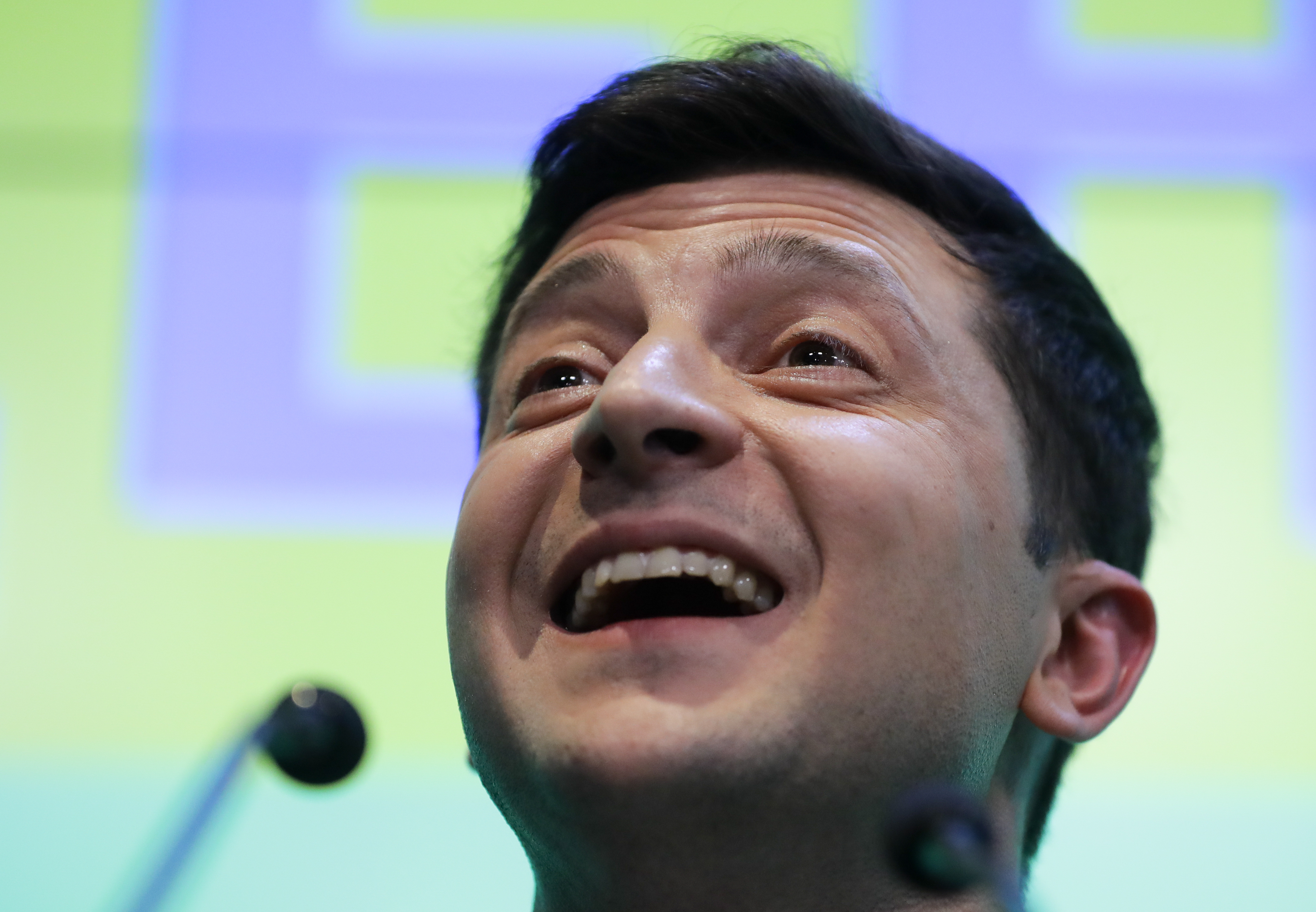 A phone call involving Ukrainian President Volodymyr Zelenskiy, above, and President Donald Trump is under scrutiny. (Sergei Grits / AP)
A phone call involving Ukrainian President Volodymyr Zelenskiy, above, and President Donald Trump is under scrutiny. (Sergei Grits / AP)
WASHINGTON — President Donald Trump urged the new leader of Ukraine this summer to investigate the son of former Vice President Joe Biden, a person familiar with the matter said. Democrats condemned what they saw as a clear effort to damage a political rival, now at the center of an explosive whistleblower complaint against Trump.
It was the latest revelation in an escalating controversy that has created a showdown between congressional Democrats and the Trump administration, which has refused to turn over the formal complaint by a national security official or even describe its contents.
Trump is defending himself against the intelligence official’s complaint, asserting that it comes from a “partisan whistleblower,” though the president also says he doesn’t know who had made it. The complaint was based on a series of events, one of which was a July 25 call between Trump and Ukrainian President Volodymyr Zelenskiy, according to two people familiar with the matter. The people were not authorized to discuss the issue by name and were granted anonymity.
In a tweet Saturday, Trump referred to “a perfectly fine and routine conversation I had” with Ukraine’s leader. “Nothing was said that was in any way wrong.”
According to one of the people, who was briefed on the call, Trump urged Zelenskiy to probe the activities of potential Democratic rival Biden’s son Hunter, who worked for a Ukrainian gas company. Trump did not raise the issue of U.S. aid to Ukraine, indicating there was not an explicit quid pro quo, according to the person.
In an interview with Ukrainian outlet Hromadske, the foreign minister said his country was not interested in taking sides in U.S. politics, but that Zelenskiy had the right to keep secret the contents of his conversation with Trump.
“I know what the conversation was about and I do not think there was any pressure” from Trump, Vadym Prystaiko was quoted as saying. “There was a conversation, different conversation, leaders have the right to discuss any existing issues. This was a long and friendly conversation that touched on a lot of issues, sometimes requiring serious answers.”
Biden said if the reports are true, “then there is truly no bottom to President Trump’s willingness to abuse his power and abase our country.” He said Trump should release the telephone transcript “so that the American people can judge for themselves.”
The U.S. government’s intelligence inspector general has described the whistleblower’s Aug. 12 complaint as “serious” and “urgent.” Trump insisted “it’s nothing” and “just another political hack job.”
The president said he has conversations with many leaders. “It’s always appropriate. Always appropriate,” Trump said. “At the highest level always appropriate. And anything I do, I fight for this country.”
Trump was asked whether he knew if the whistleblower’s complaint centered on the July 25 call with Zelenskiy. “I really don’t know,” Trump said.
When questioned whether he had brought up Biden in the call, Trump said, “It doesn’t matter what I discussed.” But then Trump urged the media “to look into” Biden’s background with Ukraine.
There has yet to be any evidence of any wrongdoing by Biden or his son regarding Ukraine.
Trump and Zelenskiy plan to meet on the sidelines of the U.N. General Assembly this coming week. The Wall Street Journal first reported that Trump pressed Zelenskiy about Biden.
The standoff with Congress raises more questions about the extent to which Trump’s appointees are protecting the Republican president from oversight and, specifically, whether his new acting director of national intelligence, Joseph Maguire, is working with the Justice Department to shield the president.
Democrats say the administration is legally required to give Congress access to the whistleblower’s complaint. The chairman of the House Intelligence Committee, Rep. Adam Schiff, D-Calif., has said he will go to court in an effort to get it if necessary.
The intelligence inspector general said the matter involves the “most significant” responsibilities of intelligence leadership.
House Democrats also are fighting the administration for access to witnesses and documents in impeachment probes.
In the whistleblower case, lawmakers are looking into whether Trump lawyer Rudy Giuliani traveled to Ukraine to pressure the government to aid Trump’s reelection effort by investigating the activities of Biden’s son.
Democrats have contended that Trump, in the aftermath of special counsel Robert Mueller’s Russia investigation, may have asked for foreign assistance in his upcoming reelection bid.
During an interview Thursday on CNN, Giuliani was asked whether he had asked Ukraine to look into Biden. He initially said, “No, actually I didn’t,” but seconds later he said, “Of course I did.”
As the Muller inquiry wound down, Giuliani spent months trying to drum up media interest in Biden’s time in Ukraine. Giuliani planned to make his own visit over the summer. Though he canceled that trip after consulting with Trump, the pressure on Ukraine was such that Zelenskiy connected a top aide, Andriy Yermak, with Giuliani.
They spoke in July, before the Trump-Zelenskiy call. A short time later, Giuliani met with Yermak in Spain to press again for the investigations and to discuss the status of a prospective Trump-Zelenskiy meeting, which Ukraine sought as a show of support against Russia.
Giuliani said he briefed the State Department on his meeting. The White House did not immediately commit to a summit with Ukraine’s leader. In late August, American military assistance to Ukraine was delayed because, as Vice President Mike Pence later explained after meeting with Zelenskiy, the administration has “great concerns about issues of corruption.”
Schiff said Trump’s attack on the whistleblower was disturbing and raised concerns that it would have a chilling effect on other potential exposers of wrongdoing. He also said it was “deeply disturbing” that the White House appeared to know more about the complaint than its intended recipient — Congress.
Among the materials Democrats have sought is a transcript of the July 25 call. It took place one day after Mueller’s faltering testimony to Congress effectively ended the threat his probe posed to the White House. A readout of the call released from the Ukrainian government said Trump believed Kyiv could complete corruptions investigations that have hampered relations between the two nations but did not get into specifics.
Letters to Congress from the inspector general make clear that Maguire, the national intelligence director, consulted with the Justice Department in deciding not to transmit the complaint to Congress in a further departure from standard procedure. It’s unclear whether the White House was involved, Schiff said.
Maguire has refused to discuss details of the whistleblower complaint, but he has been subpoenaed by Schiff’s committee and is expected to testify publicly next Thursday. Maguire and the inspector general, Michael Atkinson, also are expected next week at the Senate Intelligence Committee.
Atkinson wrote in letters that Schiff released that he and Maguire had hit an “impasse” over the acting director’s decision not to share the complaint with Congress. Atkinson said he was told by the legal counsel for the intelligence director that the complaint did not actually meet the definition of an “urgent concern.” And he said the Justice Department said it did not fall under the director’s jurisdiction because it did not involve an intelligence professional.
Atkinson said he disagreed with that Justice Department view. The complaint “not only falls under DNI’s jurisdiction,” Atkinson wrote, “but relates to one of the most significant and important of DNI’s responsibilities to the American people.”
___
Associated Press writers Deb Riechmann, Eric Tucker, Alan Fram and Mary Clare Jalonick in Washington, and Matthew Bodner in Moscow contributed to this report.
Your support is crucial…With an uncertain future and a new administration casting doubt on press freedoms, the danger is clear: The truth is at risk.
Now is the time to give. Your tax-deductible support allows us to dig deeper, delivering fearless investigative reporting and analysis that exposes what’s really happening — without compromise.
Stand with our courageous journalists. Donate today to protect a free press, uphold democracy and unearth untold stories.


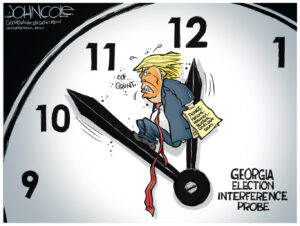
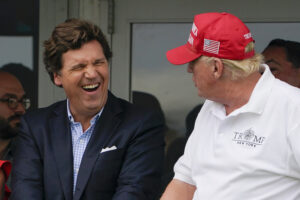
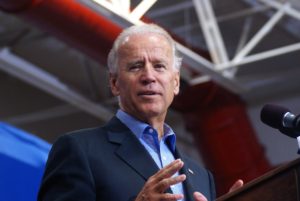
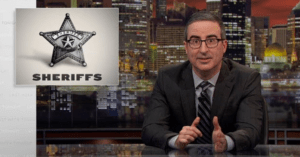
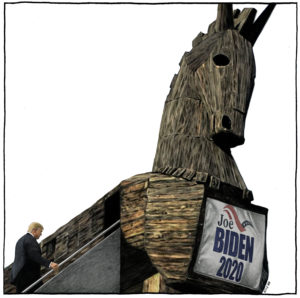


You need to be a supporter to comment.
There are currently no responses to this article.
Be the first to respond.